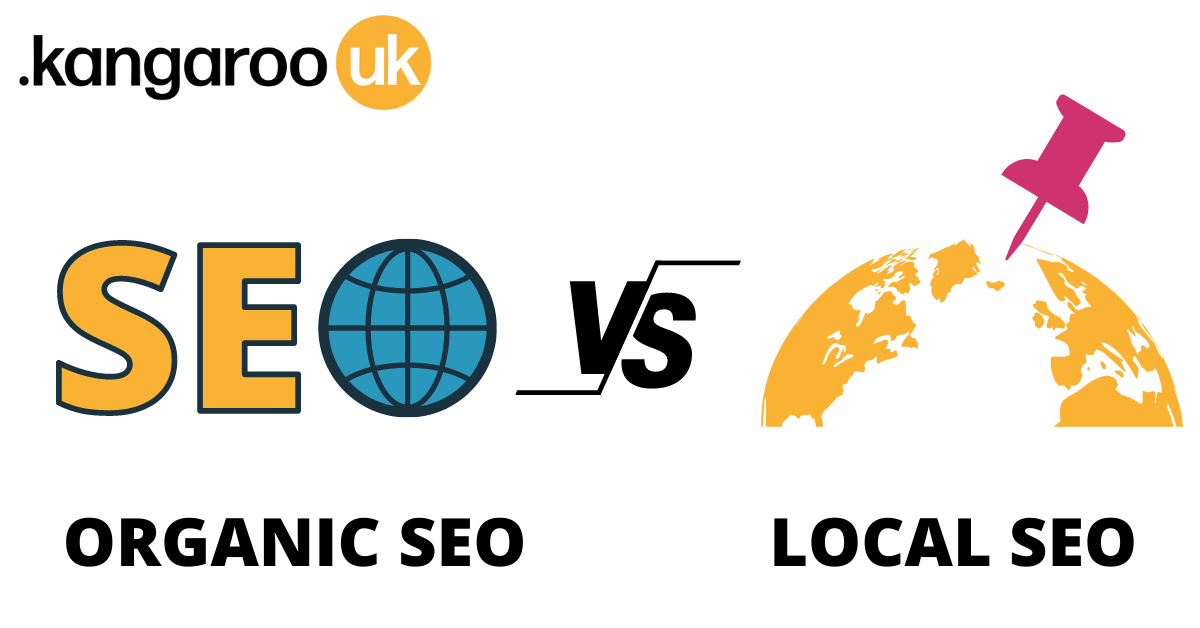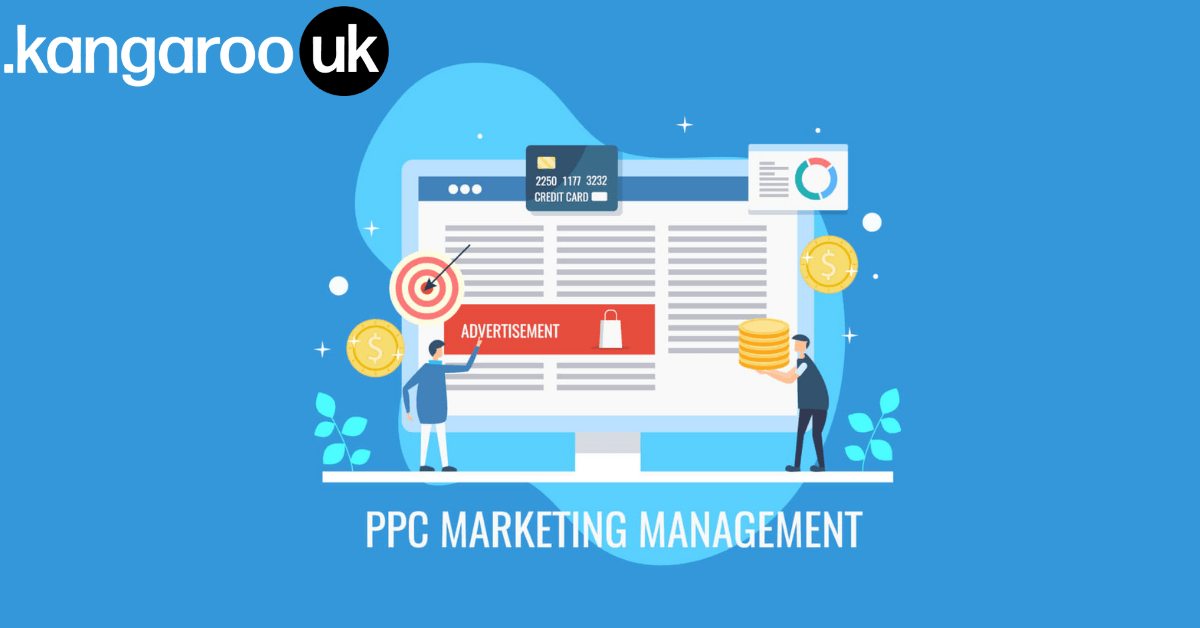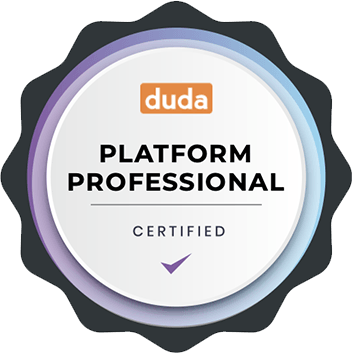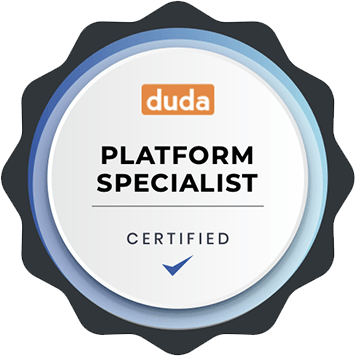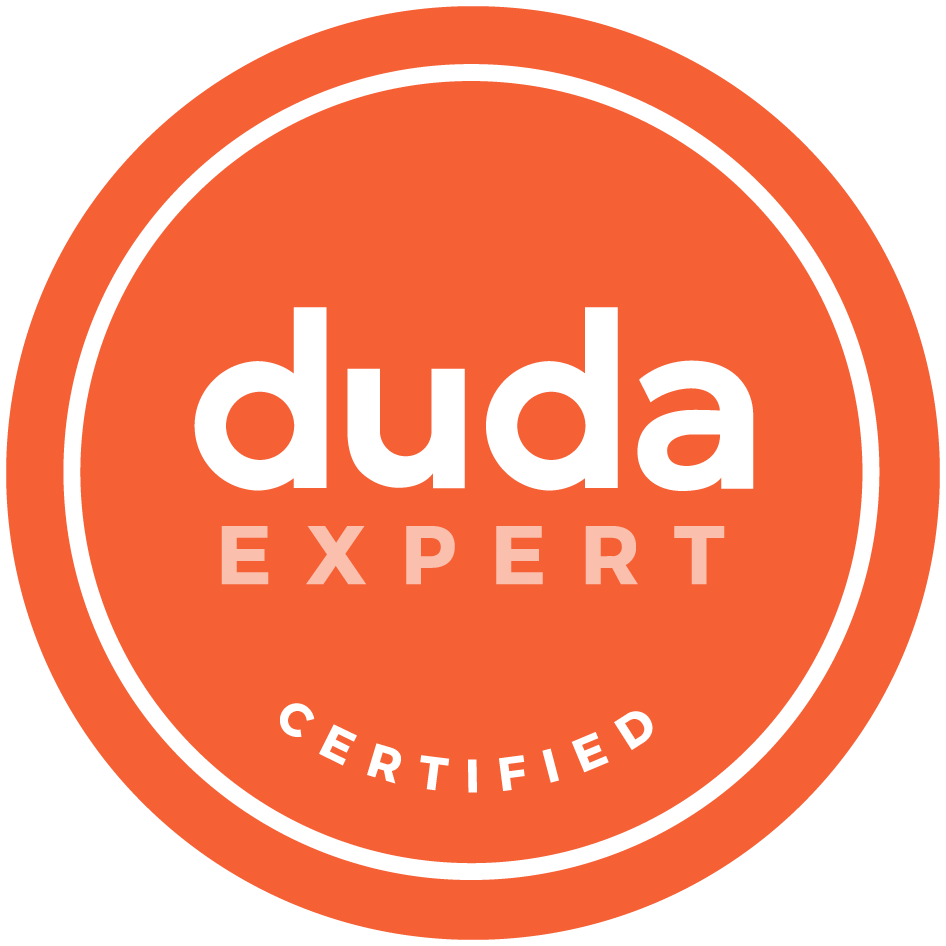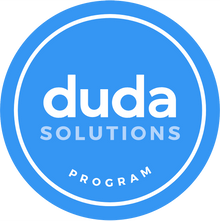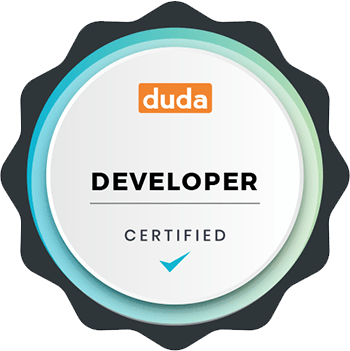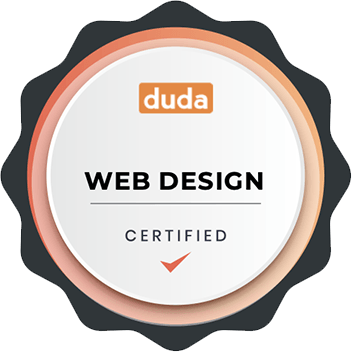How to Measure Content Authority
How to measure content authority
Search Engine Authority Rules
Today's search engines like Google have powerful algorithms designed for users to quickly access, read and share information. Therefore, to get your content seen on the internet it's essential your content created page authority and increased domain authority. If you are writing a piece of content marketing for the internet or a blog post, how do you measure this content authority?
It only makes sense to analyse content on your site to make sure that it conforms to the guidelines and best practices prescribed by Google. Here at Kangaroo UK, an SEO Agency based in Leicester, we take a deep look into the content marketing metrics side and modern SEO practices.
The aim is to make the content you produce stand out and carry weight – that is to create page authority and therefore domain authority in the topic area you are writing on. That way, the reader has confidence in the information they read, plus the article is likely to rank well by these algorithms.
Other benefits to writing authoritative content are your on-page conversion rate will increase, your bounce rate will lower and your Google Analytics performance will be incredible!
Content Authority and SEO Algorithms
Modern search algorithms are based on powerful tools that incorporate machine learning, Big Data, and Natural Language Processing (NLP) tools. ALBERT is one such example of an NLP algorithm that deals with classifying text according to content authority and performance and engagement metrics.
Performance is usually measured by how relevant the content is to the user’s query. An open-source example is Stanford Open IE Project which weighs important facts and ignores opinions in a text. In this way, it measures information density and ranks pages according to content metrics.
To rank high in organic search, the content you produce needs to be factually rich and minimise opinion. Think about when you go to a hospital and see a doctor. You want the science to help you get better, and not unverified medical claims from your friends.
What is Information Density?
Information density is one of the most important metrics to measure content authority. Essentially, it measures the number of factual claims that you have made in an article as opposed to the count of opinionated information that is present. In simple words, unnecessary ‘padding’ or ‘fluff’ to beef up the word count can adversely impact your page ranking authority. Sticking to fact and remaining comprehensive is key when it comes to higher information density.
Rich information can be delivered in the form of statistics, citing publications, charts, and even official records. It is the copywriter’s responsibility to make the content-rich information that is useful to the reader. This gives the article the potential to be shared amongst other readers through backlinks, which in turn results in more visits to the article. It then snowballs into the wider audience and gets shared even wider – all of which increases page and domain authority in the eyes of the search engines.
How to Tailor Your Content?
Content Style
Your content style should meet the expectations and requirements of the SEO algorithm. But do not go overboard with this as your content must meet the expectations of the human readers first! An SEO algorithm rewards information that is trustworthy and sourced. Google's algorithms are getting smarter every day with human-like capabilities – so if your content marketing is written for a machine, the algorithm will know and penalise you for it.
Providing relevant real-life examples with links to genuine citations to information that you provide are also good metrics to track in your marketing efforts.
A fact list or a table of content can greatly boost your score. These simple changes can be incorporated to ensure that your content is deemed trustworthy and information-rich. This will improve your SEO performance.
Author Qualification
The author’s qualification is another factor to consider for authoritative content. Search engines are likely to favour authors who are well-known in their respective fields and have years of experience.
It is a good idea to mention the name, qualifications, and professional title of the author in an article as it makes the information better sourced and reliable. It also gives the finished work a human touch and improved SEO Performance.
Writing Quality
Ensuring the highest standard of writing is imperative for achieving organic traffic. You have to make sure that your keywords are spelt correctly. Grammatical mistakes can also dampen your page ratings.
One common aspect that many writers ignore is adjusting the reading level of your blog article. The reading level, or how easy is the writing to read, has to be just right for the average reader. It should not be too dense or too easy. To score even better in content marketing, your actual content must be fresh and unique in the eyes of the search engine.
At Kangaroo UK we use Grammarly .
Media Styles
Content creation with engaging graphics can help you make a search-friendly blog. For example, using annotated graphs can enhance the reading experience greatly. Graphs with clearly labelled text are deemed as more information-dense and fact-heavy. Unique and custom-made imagery is also a good idea for better rankings.
Things to Avoid
It is important to avoid misleading information and spam content when posting your article or blog online as this will impact your SEO performance. Clickbait titles are a huge red flag for SEO algorithms. Using advanced classification techniques, search engines will penalise clickbait titles. Therefore, avoid them at all costs. You should keep the title relevant, to the point, and engaging to increase the click-rate.
Google Analytics
As the saying goes, "you can't manage what you can't measure". Google Analytics is a great place to see the fruits of your labour. What to look at when measuring content:
- Bounce rate - blogs by nature have a higher bounce rate of between 50% to 70%
- Average Session Duration - google records session duration of more than 10-seconds a positive conversion
- Backlinks - Increasing the number of inbound links or other website links to your content will have a positive impact on your page authority. However, you should never buy backlinks, this goes against Google guidelines. If your content is good you will naturally attract organic backlinks to your content.
- Conversions - Setting up the event and goal tracking in Google Analytics will show you how people are interacting with your content and will help you create better content in the future.
Naturally, at
Kangaroo UK
our SEO Content Marketing copywriters are here to help you make more money online so please reach out.


